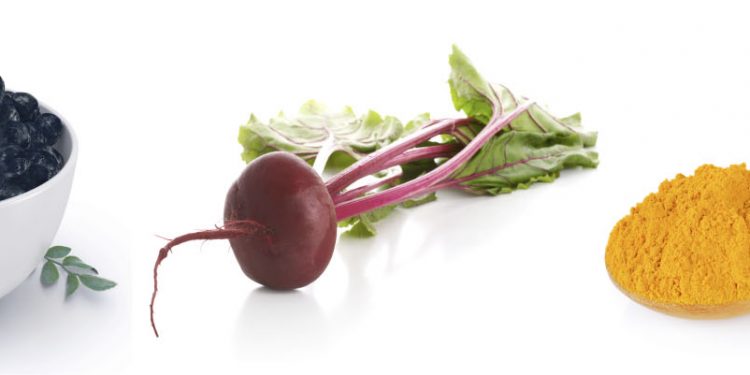Athletes are constantly pushing their bodies to the limit, and the right nutrition can make all the difference in achieving peak performance. While there's no magic bullet, certain foods, known as superfoods, can provide a nutritional edge. In this article, we'll explore these nutritional powerhouses and how they can help athletes boost their health and performance naturally.
Understanding Superfoods
Superfoods are nutrient-rich foods that offer exceptional health benefits. They are typically packed with vitamins, minerals, antioxidants, and other bioactive compounds that support overall well-being. For athletes, superfoods can be particularly advantageous because they help with muscle recovery, reduce inflammation, and enhance endurance.
Key Superfoods for Athletes
1. Quinoa:
This ancient grain is rich in protein, complex carbohydrates, and essential amino acids. It provides sustained energy and aids in muscle repair and growth.
2. Berries:
Blueberries, strawberries, and other berries are loaded with antioxidants, which combat exercise-induced oxidative stress. They also contain natural sugars for quick energy.
3. Leafy Greens:
Kale, spinach, and Swiss chard are packed with vitamins and minerals like iron and calcium. They support bone health and oxygen transport to muscles.
4. Salmon:
Fatty fish like salmon is a great source of omega-3 fatty acids, which reduce inflammation, enhance joint health, and boost cardiovascular function.
5. Nuts and Seeds:
Almonds, walnuts, and chia seeds are high in healthy fats, protein, and fiber. They provide long-lasting energy and promote muscle recovery.
Integrating Superfoods into Your Diet
Include these superfoods in your diet to reap the benefits:
1. Smoothies:
Blend berries, kale, chia seeds, and a scoop of protein powder for a nutrient-packed pre- or post-workout drink.
2. Salads:
Top your greens with quinoa, nuts, and salmon for a hearty, superfood-filled meal.
3. Snacks:
Opt for nuts and seeds as convenient, energy-boosting snacks during training.
4. Balanced Meals:
Incorporate a variety of superfoods into your daily meals to ensure a well-rounded diet.
Conclusion
While superfoods can be a valuable addition to an athlete's diet, remember that balance and variety are key. No single food can provide all the nutrients your body needs. So, fuel your body with a diverse range of nutrient-rich foods to support your health and reach your athletic goals.
